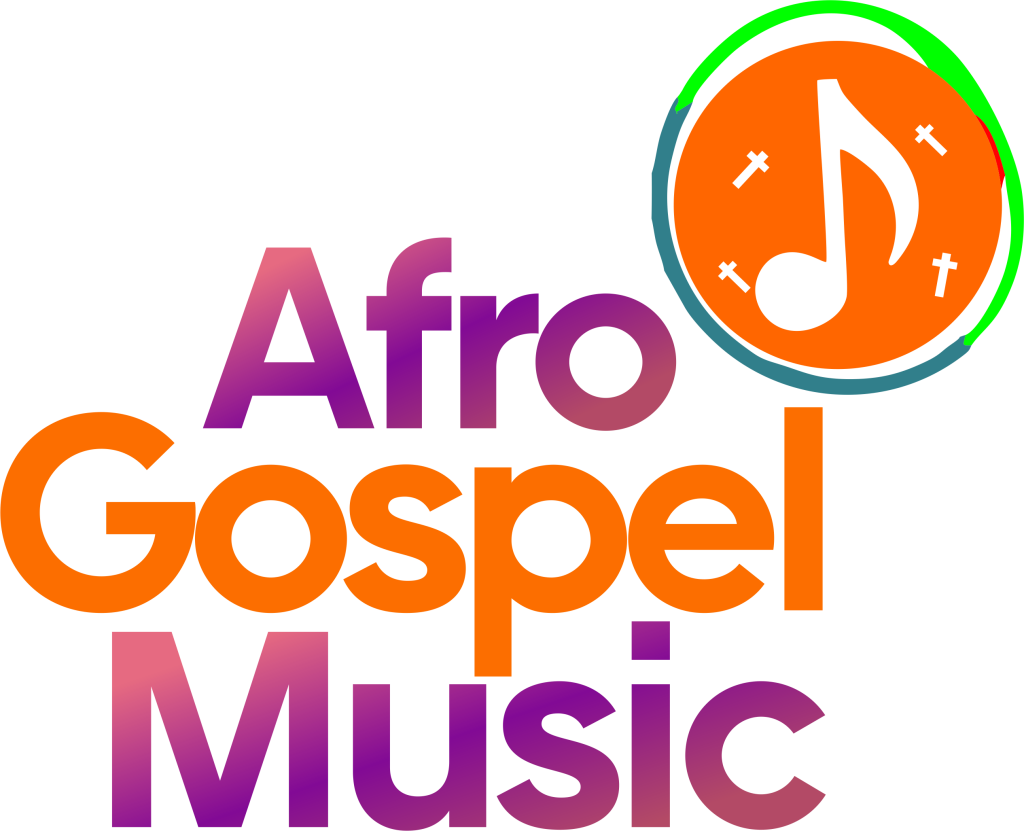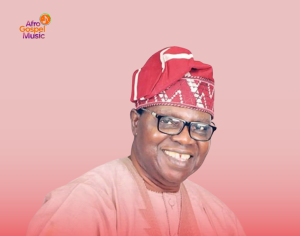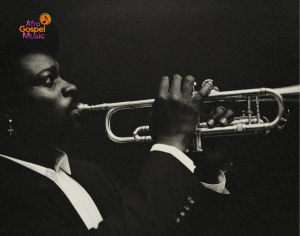|
Click to Play Article Now
Getting your Trinity Audio player ready...
|
Let’s talk. You’re grooving to a banger– Afrobeat drums, sweet highlife guitars, maybe even a little trumpet flair. The beat slaps. You’re halfway into your second holy two-step when someone squints their nose and says, “But… where’s the name of Jesus?” Ah. The eternal question.
Afro Gospel, a genre blending the percussive joy of Afrobeat with the message of the gospel, has exploded in recent years. Artists like Limoblaze, CalledOut Music, Prinx Emmanuel, and Greatman Takit are preaching on the beat. But with all this growth comes a deeper theological wardrobe check: Must every song drop “Jesus” like a lyrical seasoning? And is every Afro Gospel jam required to sound like a 90s Hillsong classic on slow mode?
Let’s unpack this.
“Jesus” in Every Line – Must It Be So?
Don’t get me wrong–there’s power in the name of Jesus. Literally. It heals, saves, transforms, and yes, clears the dance floor of demonic influences. But must every single Afro Gospel song mention the name explicitly?
Let’s be honest: if we judge faithfulness by the lyric sheet alone, then the book of Esther is in trouble. The entire chapters didn’t mention God’s name but still drip with His presence and protection over His people. In the same way, an Afro Gospel song can carry the character and message of Christ without necessarily being a roll call of divine titles.
Take Limoblaze’s “Jireh (My Provider)”—a collaboration with Lecrae and Happi. Jesus’ name isn’t yelled in every line, but the essence of provision, grace, and reliance on God is unmistakable. Or Prinx Emmanuel’s “Kumama Papa (Refix)”—a high-energy track where the vibe is jubilant and God-centered, even if there’s room for interpretative dance breaks between verses.
Sometimes, mentioning Jesus is the mission. Other times, it’s about showing what His love looks like. Think of it as lifestyle evangelism on an Afrobeat.
Read Also: Let’s Be Honest: Afro-Gospel Artists Deserve Grace Too
What About Those Old-School Solemn Tunes?
Now here’s where it gets spicy. Some folks still believe that true Christian music must be in a minor key, preferably sung by a choir in robes, and slow enough for you to repent between verses. And while there’s absolutely nothing wrong with the classics (shoutout to “It Is Well with My Soul” and “When the Roll Is Called Up Yonder”), confining Christian music to solemnity is like telling Jesus He could only preach at synagogues.
Jesus rolled with tax collectors (even though His identity wasn’t influenced by the other party, which is one core lesson that the Afro gospel artists should also imbibe). David danced until his clothes betrayed him. Heaven has trumpets, harps, and “multitudes singing with loud voices.” There is biblical evidence for joyful noise. So when someone like Greatman Takit drops a groove-heavy track like “Commando”, filled with bold energy and Afro swag, it’s not rebellion—it’s revival on a beat.
Afro Gospel = Joy, Identity, and Evangelism
Afro Gospel is uniquely African. It embraces joy as a spiritual weapon. In a continent often acquainted with struggle, the Afro Gospel says, “Yes, life is hard—but look what the Lord has done!” It’s sonic testimony, cultural reclamation, and evangelism all at once.
And young artists today get that. CalledOut Music sings about purpose, identity, and growth in Christ. His songs uplift without sounding like Gregorian chants with synths. They don’t always scream “repent or perish,” but they do shout “you are loved, you have a future, and you belong to God.
Our Conclusion
Afro Gospel singers don’t have to mention the name “Jesus” in every single track. But they should honor Him in spirit, truth, and creativity. The heart behind the music matters more than the checklist of doctrinal vocabulary.
And no, they are not confined to the solemn themes of old Christian songs. If God gave us rhythm, why banish it to secular use? The Afro Gospel is not a rebellion–it’s a rebirth.
Or, what do you think? Let’s hear from you.






